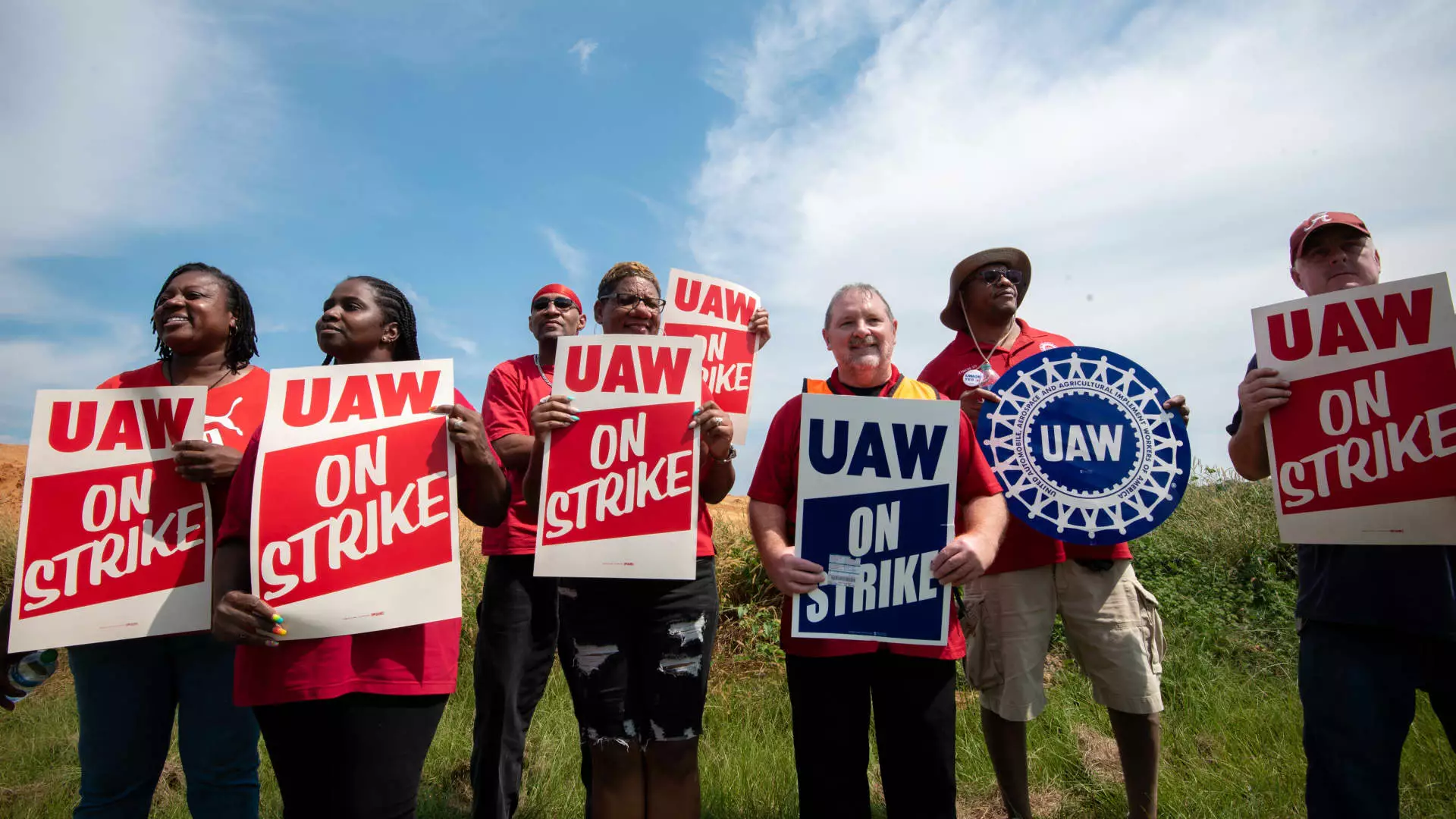Recently, Mercedes-Benz workers in Alabama made a decision that is sure to have long-lasting effects on union representation in the workplace. The National Labor Relations Board announced that the workers had voted against union representation by the United Auto Workers (UAW). This decision dealt a significant blow to the UAW’s efforts to organize the workers at the Mercedes-Benz plant.
Details of the Vote
The vote, which took place over the course of five days, resulted in 56% of the workers, or 2,642 individuals, voting against joining the UAW. Despite more than 90% of the eligible 5,075 workers participating in the election, the union representation fell short of the majority needed for approval. The NLRB reported that there were 51 challenged ballots and five void ballots, but those did not impact the overall outcome of the vote.
Implications of the Defeat
This defeat is expected to have significant implications for the UAW, particularly as it comes on the heels of a successful organizing drive at a Volkswagen plant in Tennessee. The loss at the Mercedes-Benz plant is seen as a setback for the UAW’s larger strategy to organize non-union automakers across the United States. It is a particularly challenging blow considering the UAW’s recent victories securing favorable contracts with major automakers like Ford, General Motors, and Stellantis.
Organizing efforts at the Mercedes-Benz plant in Alabama were expected to be more difficult than at the Volkswagen plant in Tennessee, where the UAW had already made some inroads. The Tuscaloosa plant has a long history of automobile production, with millions of vehicles manufactured since its opening in 1997. The plant’s current lineup includes both gas-powered and electric vehicles, reflecting the industry’s broader shift towards sustainable transportation.
The NLRB has reported that there are ongoing investigations into unfair labor practice charges filed by the UAW against Mercedes-Benz and other automakers. The charges include allegations of employee discipline for discussing unionization, restrictions on the distribution of union materials, surveillance of employees, and other actions aimed at suppressing union activities. Similar charges have been filed against automakers like Honda, Hyundai, Tesla, and Toyota.
The outcome of the vote at the Mercedes-Benz plant in Alabama underscores the challenges faced by unions in organizing workers in a fiercely competitive industry. While the UAW’s defeat is a setback, it also highlights the ongoing struggles for labor rights and fair treatment in the workplace. As the automotive industry continues to evolve, the battle for workers’ rights and representation will remain a key issue for both unions and employers alike.

